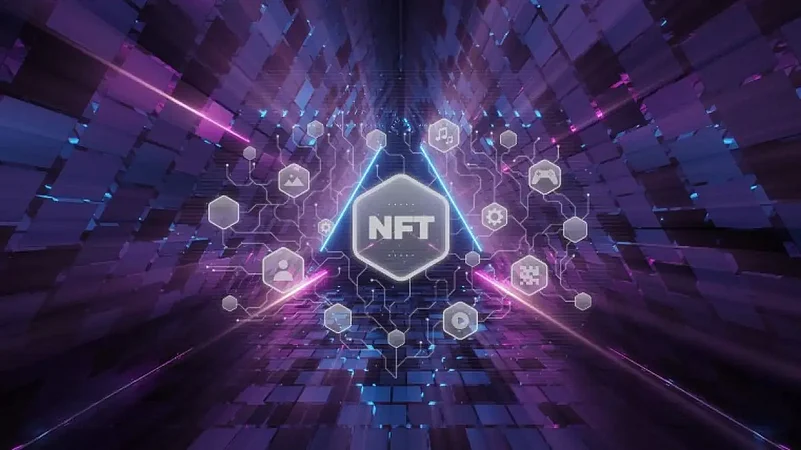A US judge has stopped the sales of “MetaBirkin”, nonfungible tokens (NFTs), on the plea of French luxury fashion giant Hermès, handing it a victory in a trademark infringement lawsuit filed by its creator and artist Mason Rothschild. The MetaBirkin creator argued that his project was protected under the first amendment as artistic expression; however, that defence fell short.
Hermès approached the Southern District Court of New York in March to put a stop to the sales. On June 23, Judge Jed Rakoff formally allowed the request, expressing scepticism about Rothschild’s legal defence and questioning his continuous promotion of the initiative.
According to Rakoff, "(The) defendant's entire scheme here was to deceive consumers into believing that Hermes was endorsing his lucrative MetaBirkins NFTs by his use of variations on Hermes’ trademarks,” He added, “Nothing in the First Amendment insulates him from liability for such a scheme.”
Australia’s Token mapping To Be ‘Tech Agnostic’
Treasury official Trevor Power said the Australian Treasury's token mapping of digital assets would use a “principles-based” and “tech-agnostic” methodology to describe crypto assets.
He believes the framework will be close to the EU’s MiCA than the US regulatory position.
During Australian Blockchain Week on June 26, Trevor Power, an assistant secretary in the Australian Treasury, told Cointelegraph that the framework would be set up to make it simple to categorize tokens according to their purpose and function.
“The token mapping paper spends a lot of time talking about the token, the system, and the value delivered for the very purpose of trying to structure whatever regulation such that it draws on those principles so that a token can then be placed within that," Power said, adding: “It's trying to be tech agnostic. It's not trying to be token specific.”
Web3 Tool Protects against Scam Tokens, Contracts
The latest update of a Web3 security tool addresses new social engineering schemes and hacking attacks, it has been reported. Most of the underlying technologies, business models, and coding architectures for Web3 and other blockchain-powered markets are still being developed, tested, and updated. Although this is typical for a developing market and technology, there are always vulnerabilities that malicious individuals might take advantage of and use to harm their victims, a report said. The bug bounty platform Immunefi further claimed that beginning in 2023, the Web3 ecosystem lost $3.9 billion to fraud, with the decentralised finance (DeFi) industry being the worst hit, accounting for 80 per cent of the losses.
























.png?w=200&auto=format%2Ccompress&fit=max)






